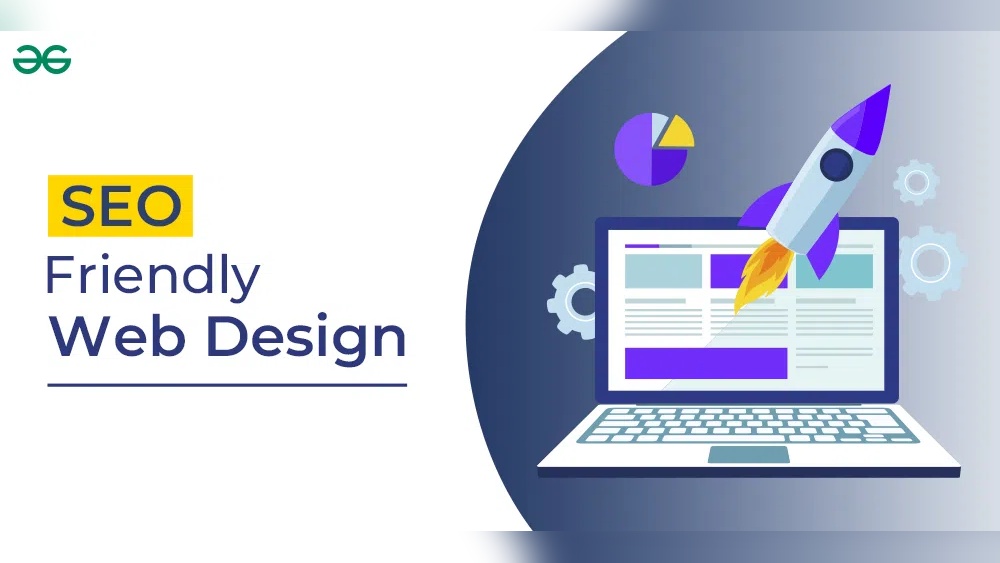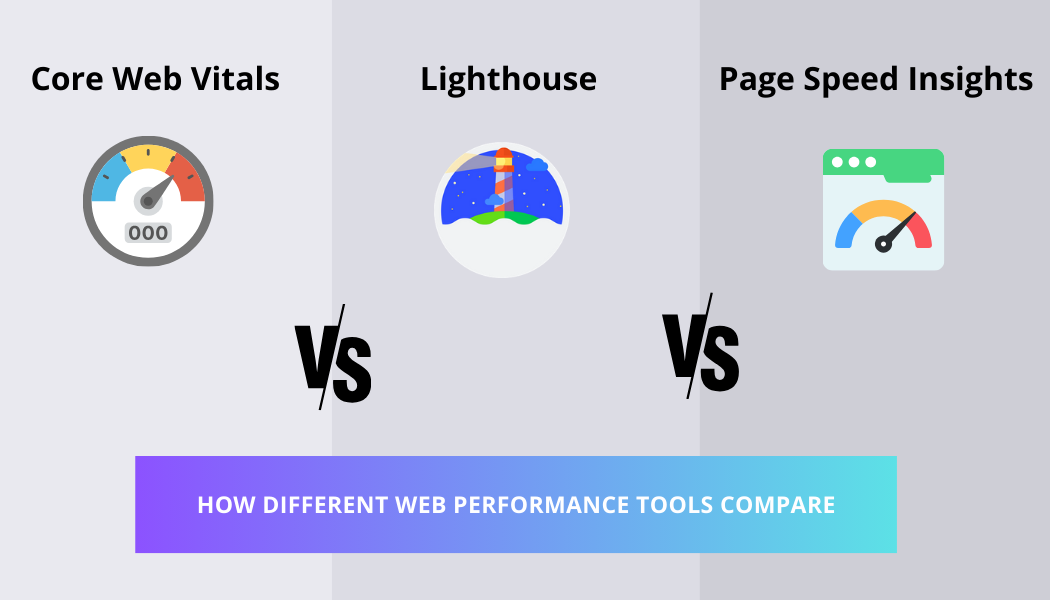
Seo Web: Ultimate Strategies to Boost Your Online Visibility
Are you struggling to get your website noticed? SEO Web could be the key to unlocking your online success.
Imagine your site showing up right when your potential customers are searching for what you offer. That’s the power of smart SEO strategies designed specifically for your web presence. You’ll discover simple yet effective ways to boost your site’s visibility, attract more visitors, and turn clicks into real results.
Ready to make your website work harder for you? Keep reading, because your SEO breakthrough starts here.

Seo Basics
Understanding SEO basics is crucial for anyone wanting to improve their website’s visibility. SEO, or Search Engine Optimization, helps websites rank higher in search results. This makes it easier for people to find your site. Learning the basics sets a strong foundation for more advanced strategies.
How Search Engines Work
Search engines use bots to scan the web. These bots collect information from web pages. They build an index of all content found. When someone searches, the engine looks through this index. It shows the most relevant results first. The relevance depends on keywords, site quality, and user experience.
Key Seo Terminology
Keywords are words people type into search engines. Meta tags provide information about a page’s content. Backlinks are links from other sites pointing to yours. Crawling is how bots explore your site. Indexing means adding your pages to the search database. Ranking shows where your site appears in results.
Types Of Seo
On-page SEO focuses on content and structure of your pages. Off-page SEO involves building links from other websites. Technical SEO improves the backend of your site, like speed and mobile-friendliness. Each type plays a role in boosting your site’s search ranking.

Keyword Research
Keyword research is the first step in any SEO web strategy. It helps find the words and phrases people type in search engines. Choosing the right keywords brings more visitors to your website. It also improves your chance to rank higher on search results.
Effective keyword research saves time and effort. It guides your content to meet user needs. Understanding keywords helps create relevant and useful content. This process drives quality traffic to your site.
Finding High-value Keywords
High-value keywords attract visitors who want your product or service. These keywords have good search volume and low competition. Focus on terms your audience uses frequently. Look for keywords that match your business goals. Use these keywords to create targeted content.
Using Keyword Tools
Keyword tools make research easier and faster. They show search volume, competition, and related phrases. Popular tools include Google Keyword Planner and Ubersuggest. These tools help find new keyword ideas. They also reveal trends and user intent.
Long-tail Keywords Benefits
Long-tail keywords are longer and more specific phrases. They usually have lower competition and higher conversion rates. These keywords attract visitors with clear intent. Using them helps reach niche audiences. Long-tail keywords improve your chances of ranking fast.
On-page Seo
On-page SEO helps search engines understand your website better. It improves your page’s chance to rank higher. This involves optimizing elements you control on your webpage. These include titles, content, images, and links. Small changes can make a big difference in visibility.
Optimizing Title Tags And Meta Descriptions
Title tags show the main topic of a page. Keep titles clear and include main keywords. Make titles under 60 characters to avoid being cut off. Meta descriptions summarize the page content. Write descriptions with keywords and keep them under 160 characters. Clear titles and descriptions attract more clicks from search results.
Improving Content Quality
Good content answers visitors’ questions clearly. Use simple words and short sentences. Add useful information that readers can trust. Avoid duplicate or thin content that adds no value. Regularly update your content to keep it fresh. Quality content helps users stay longer on your page.
Internal Linking Strategies
Internal links connect pages within your website. They help search engines find and index your pages. Use descriptive anchor text that tells what the linked page is about. Link to important pages to boost their rank. Avoid overusing links to keep the page clean and readable.
Image Optimization Tips
Use relevant images to support your content. Compress images to reduce page load time. Add descriptive alt text with keywords for each image. Choose proper file names that describe the image. Optimized images improve user experience and help search engines understand your page.
Technical Seo
Technical SEO is the foundation of a well-optimized website. It focuses on improving the website’s structure and performance. This helps search engines find, crawl, and index your pages easily. A technically sound site improves user experience and boosts rankings.
Enhancing Site Speed
Site speed affects user satisfaction and search rankings. Fast-loading pages reduce bounce rates and keep visitors engaged. Optimize images, use caching, and minimize code to improve speed. Choose a reliable hosting service to ensure quick server response.
Mobile-friendly Design
Most users browse on mobile devices. A mobile-friendly design adapts to small screens smoothly. Responsive layouts and easy navigation help users find information fast. Google prefers mobile-friendly sites for higher search rankings.
Xml Sitemaps And Robots.txt
XML sitemaps guide search engines through your website’s pages. They highlight important content and update search engines on changes. Robots.txt files control which pages search engines can access. Proper setup prevents indexing of duplicate or private content.
Fixing Crawl Errors
Crawl errors block search engines from accessing your pages. Broken links, server errors, and missing pages cause these issues. Regularly check for errors using tools like Google Search Console. Fixing them ensures smooth crawling and better indexation.
Off-page Seo
Off-page SEO means all the actions taken outside your website. These actions help improve your site’s ranking on search engines. It builds your site’s reputation and trust. Search engines see off-page SEO as a sign of your site’s quality. This section covers key strategies to boost off-page SEO effectively.
Building Quality Backlinks
Backlinks are links from other sites pointing to yours. Search engines treat these links as votes of confidence. Quality backlinks come from trusted, relevant websites. Focus on earning links from sites related to your niche. Avoid spammy or low-quality links. Good backlinks increase your site’s authority and traffic.
Leveraging Social Media
Social media platforms help share your content widely. Engage with your audience by posting regularly. Share useful and interesting posts to attract attention. Social signals can indirectly influence your SEO. They increase content visibility and brand awareness. Active social media presence supports your off-page SEO efforts.
Guest Posting Techniques
Guest posting means writing articles for other websites. Choose sites that share your target audience. Provide valuable and original content in your posts. Include a link back to your site naturally. Guest posting helps build backlinks and reach new readers. It also improves your site’s credibility and authority.
Local Seo
Local SEO helps small businesses reach people in their area. It improves website visibility for nearby customers. This makes it easier for locals to find your services or products. Local SEO focuses on specific locations, not just general keywords. It helps your business appear in local search results and maps. Understanding key strategies can boost your local online presence.
Optimizing Google My Business
Google My Business is a free tool to manage your local listing. Fill out all details like address, phone, and hours. Use clear and accurate information to help customers find you. Add photos of your business and products to attract attention. Keep your profile updated to improve your ranking in local search. Respond to questions and messages quickly for better customer trust.
Local Citations And Reviews
Local citations are mentions of your business on other websites. These include directories, social sites, and local blogs. Ensure your name, address, and phone number are the same everywhere. Consistency builds trust with search engines and customers. Positive reviews improve your reputation and increase clicks. Encourage happy customers to leave honest reviews about their experience.
Targeting Local Keywords
Local keywords include city or neighborhood names with your services. Use phrases people type when searching nearby options. Examples are “coffee shop in Brooklyn” or “plumber near me.” Add these keywords naturally in your website content and titles. This helps search engines show your site to local users. Local keywords connect you with customers ready to buy in your area.
Content Marketing
Content marketing is a key part of SEO web strategies. It helps websites attract visitors and keep them interested. Good content builds trust and shows expertise. This can boost your site’s ranking on search engines.
Effective content marketing is about more than just writing. It involves creating, sharing, and improving content regularly. This keeps your audience engaged and coming back for more.
Creating Engaging Content
Start with topics your audience cares about. Use clear and simple language. Break text into short paragraphs and lists. Add images or videos to explain ideas better. Stories and examples make content relatable. Ask questions to invite readers to think.
Content Promotion Tactics
Share content on social media channels. Join groups where your audience hangs out. Use email newsletters to reach subscribers. Collaborate with influencers or other sites. Guest posts can bring new visitors. Always encourage readers to share your content.
Updating And Repurposing Content
Check old posts for outdated information. Add new facts or improve readability. Turn blog posts into videos or infographics. Create podcasts from written guides. Repurposing saves time and reaches more people. Keep your content fresh and useful.
Seo Tools And Analytics
SEO tools and analytics help measure and improve website performance. They provide data on visitor behavior, keyword rankings, and site health. Using these tools, webmasters can make smart decisions to boost their SEO efforts.
Tracking Seo Performance
Tracking SEO performance means monitoring changes in search rankings and traffic. It shows which keywords bring visitors and how users interact with the site. This data helps identify what works and what needs improvement. Regular tracking keeps SEO strategies on the right path.
Popular Seo Tools
Several popular SEO tools offer valuable insights. Tools like Ahrefs, SEMrush, and Moz help analyze backlinks, keywords, and competitors. They also provide site audits to find technical issues. These tools simplify the process of optimizing a website for search engines.
Using Google Analytics And Search Console
Google Analytics tracks visitor actions on a website. It shows traffic sources, page views, and user behavior. Search Console helps monitor site performance in Google search. It reports on keyword rankings, indexing status, and crawl errors. Both tools are free and essential for SEO success.
Emerging Seo Trends
SEO is always changing. New trends shape how websites rank and attract visitors. Staying updated helps keep your site relevant and visible. Emerging SEO trends focus on new technology and user habits. They offer fresh ways to improve your online presence.
Voice Search Optimization
More people use voice assistants daily. Optimizing for voice search means using natural language. Questions and short phrases match how people speak. Content should answer clear, simple questions. Local SEO matters a lot for voice searches. Fast loading and mobile-friendly sites perform better.
Ai And Machine Learning In Seo
Search engines use AI to understand content better. Machine learning helps rank pages by relevance and quality. SEO now requires creating helpful and clear content. AI tools can analyze data to find new keywords. They also predict search trends and user behavior.
Video Seo Strategies
Videos attract more visitors and keep them longer. Optimizing videos means using keywords in titles and descriptions. Adding captions improves accessibility and search rankings. Video sitemaps help search engines find your content. Sharing videos on multiple platforms increases reach.

Frequently Asked Questions
What Is Seo Web And Why Is It Important?
SEO Web refers to optimizing websites to rank higher on search engines. It drives organic traffic, boosts visibility, and improves user experience. Proper SEO helps businesses reach their target audience efficiently and increases online credibility.
How Does Seo Improve Website Ranking?
SEO improves ranking by optimizing keywords, site structure, and content quality. It enhances site speed, mobile-friendliness, and backlinks. These factors help search engines understand and trust your website, leading to better positions in search results.
What Are The Key Seo Web Techniques To Use?
Key SEO techniques include keyword research, on-page optimization, quality content creation, and link building. Also, technical SEO like improving site speed and mobile usability is crucial. Regularly updating content and monitoring performance ensures continuous improvement.
How Long Does Seo Web Take To Show Results?
SEO results typically appear within 3 to 6 months. The timeline varies based on competition, website age, and strategy quality. Consistent effort and quality content speed up ranking improvements and organic traffic growth.
Conclusion
SEO for your website boosts visibility and drives more visitors. Simple steps like using keywords and quality content help a lot. Keep your site easy to navigate and fast to load. Regular updates keep search engines interested. Remember, SEO takes time but shows steady results.
Start small, stay consistent, and watch your site grow. Good SEO means more people find your site and trust it. Stay patient and keep improving your SEO efforts. Your website’s success depends on smart SEO practices.




